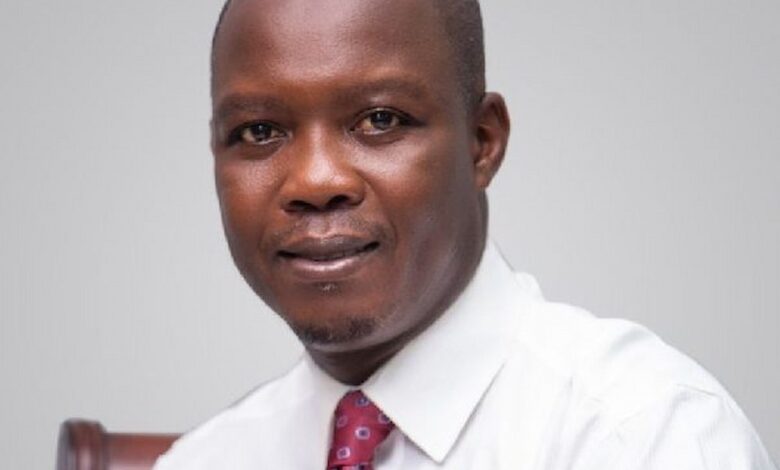You should know better – Ahiafor chides MP Assafuah over Addison raid question

A tense moment erupted in Parliament when First Deputy Speaker, Bernard Ahiafor, firmly rebuked Old Tafo MP, Vincent Ekow Assafuah, for what he called an “unbecoming” line of questioning regarding the controversial raid on the residence of former Bank of Ghana Governor, Dr. Ernest Addison.
Assafuah had directed a question to Interior Minister Mohammed Mubarak Muntaka, seeking clarity on the scope of the search warrant used during the March 19 raid.
Specifically, he wanted to know whether the warrant extended to personal spaces and items such as pockets, fridges, or other household belongings.
“Honourable Minister, may you indicate to me the scope of the search warrant—whether it includes the search and frisk of persons,” Assafuah asked, insisting it was for educational purposes.
But Ahiafor, who was presiding over the session, was clearly unimpressed.
In a pointed rebuttal, the Deputy Speaker called out Assafuah—himself a lawyer—for asking a question that, in Ahiafor’s view, betrayed a lack of legal insight.
“If this question were coming from a non-lawyer, I would understand,” he said. “But you have seen a search warrant before. Does it specify that you search the pocket, the fridge, or the kitchen? Please.”
Ahiafor’s tone suggested disappointment rather than mere disagreement, reinforcing the expectation that lawmakers with legal backgrounds should know the basic framework of judicial instruments like search warrants.
Despite the public dressing-down, Assafuah stood by his question, stating that he simply wanted clarity on the specific terms of the warrant obtained by National Security. “Mr. Speaker, I think this is all fair… It’s a direct question,” he responded.
The exchange took place amid mounting public scrutiny over the forceful search of Dr. Addison’s Roman Ridge residence by heavily armed men—some masked and reportedly led by Richard Jakpa, Director of Special Operations at the National Security Secretariat.
The operation allegedly involved disabling security cameras and demanding access to private vaults, raising questions about legality and excess.




